Electronics & Telecommunications
The department of Electronics and Telecommunication Engineering established in 2012 by the approval of All India Council of Technical Education (AICTE). Electronics and Telecommunication Engineering Diploma find wide opportunities in today’s growing communications era. Department has sanctioned intake 60 seats, classes will be taken by well qualified and experienced staffs. It is well equipped with outstanding infrastructure, dedicated faculty members and sincere staff who work with enthusiasm to provide a vibrant and optimum learning environment to the students and help them acquire the skills which are required to excel in today’s competitive environment. In order to ensure high standards of education for its students, the department has constantly upgraded itself by adding well-equipped and fully furnished laboratories to supplement the theory courses. The department believes in serious academic pursuit and way for creativity and innovative ideas.
Vision
To empower students of Electronics and Telecommunication engineering with relevant technical knowledge and practical skill to fulfill need of the industry and society.
Mission
M1: To create technical manpower for meeting the current and future demands of the industry.
M2: To prepare ethical professionals for successful carrier/entrepreneurship through life long learning”
M3: To incalculate moral and ethical values among the students and make them adopt to the professional services to serve the society.
Program Educational Objectives (PEO)
- PEO1:
Provide socially responsible, environment friendly solutions to Electronics and Telecommunication engineering related broad-based problems adapting professional ethics.
- PEO 2:
Adapt state-of-the-art Electronics and Telecommunication engineering broad-based technologies to work in multi-disciplinary work environments.
- PEO 3:
Solve broad-based problems individually and as a team member communicating effectively in the world of work.
Program Specific Objectives (PSO)
- PSO 1:
E&TC Engineering knowledge; An ability to make use of acquired technical knowledge to maintain various Electronics & Telecommunication Engineering systems.
- PSO 2:
E&TC Engineering processes; Develop Electronics and Telecommunication Engineering products using different advanced tools.
Program Outcomes (PO)
Program Outcomes
- Basic and Discipline specific knowledge: Apply knowledge of basic mathematics, science and Engineering fundamentals and engineering specialization to solve the engineering problems.
- Problem analysis: Identify and analyze well-defined engineering problems using codified standard methods.
- Design/ development of solutions: Design solutions for well- defined technical problems and assist with the design of systems components or processes to meet specified needs.
- Engineering Tools, Experimentation and Testing: Apply modern engineering tools and appropriate technique to conduct standard tests and measurements.
- Engineering practices for society, sustainability and environment: Apply appropriate technology in context of society, sustainability, environment and ethical practices.
- Project Management: Use engineering management principles individually, as a team member or a leader to manage projects and effectively communicate about well-defined engineering activities.
- Life-long learning: Ability to analyze individual needs and Engage in updating in the context of technological changes.
Mrs. A. N. Dubey
Head of Department ME (Digital Electonics), LMISTE, MBA(Education Management)
dubeyamita2019@gmail.com
Electronics And Telecommunication Student Association(ETSA)
As Department has decide to form Active student association (ETSA: ELECTRONICS ENGINEERING STUDENT ASSOCIATION). For smooth execution of activities under this student association Following student committee has been form from Interested students for academic year 2019-20 under the Electronics Engineering Student Association (ETSA). They have to look after all activities with the Rules and Regulation of ETSA &Department/Institute for Smooth Conduction of Curricular and Extra-Curricular Activities in the Department
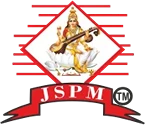



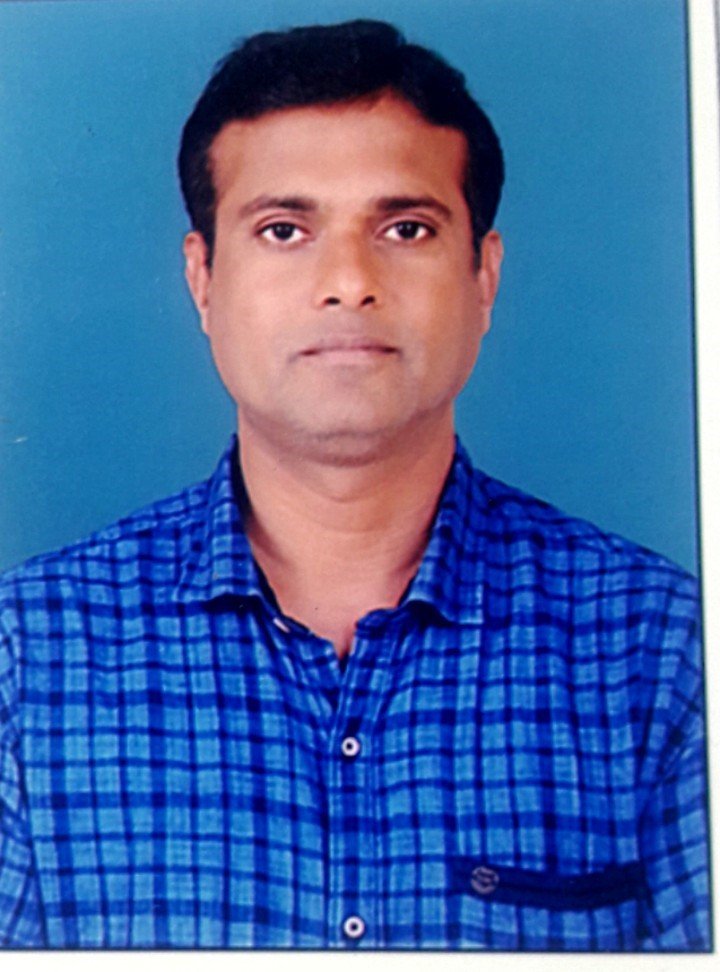


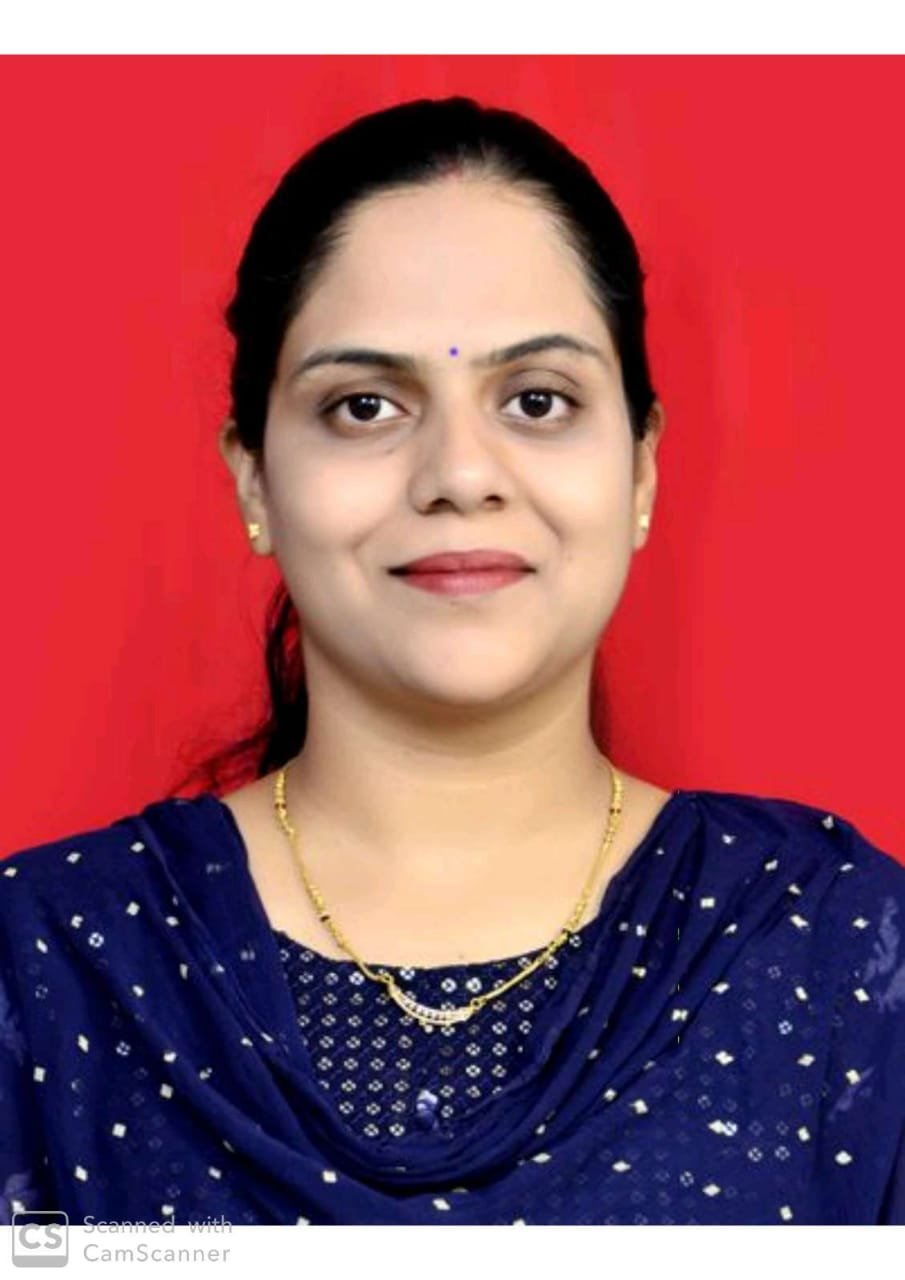
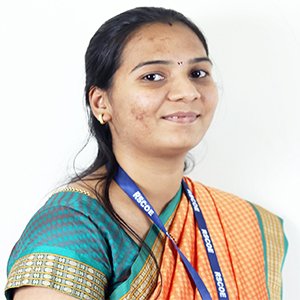

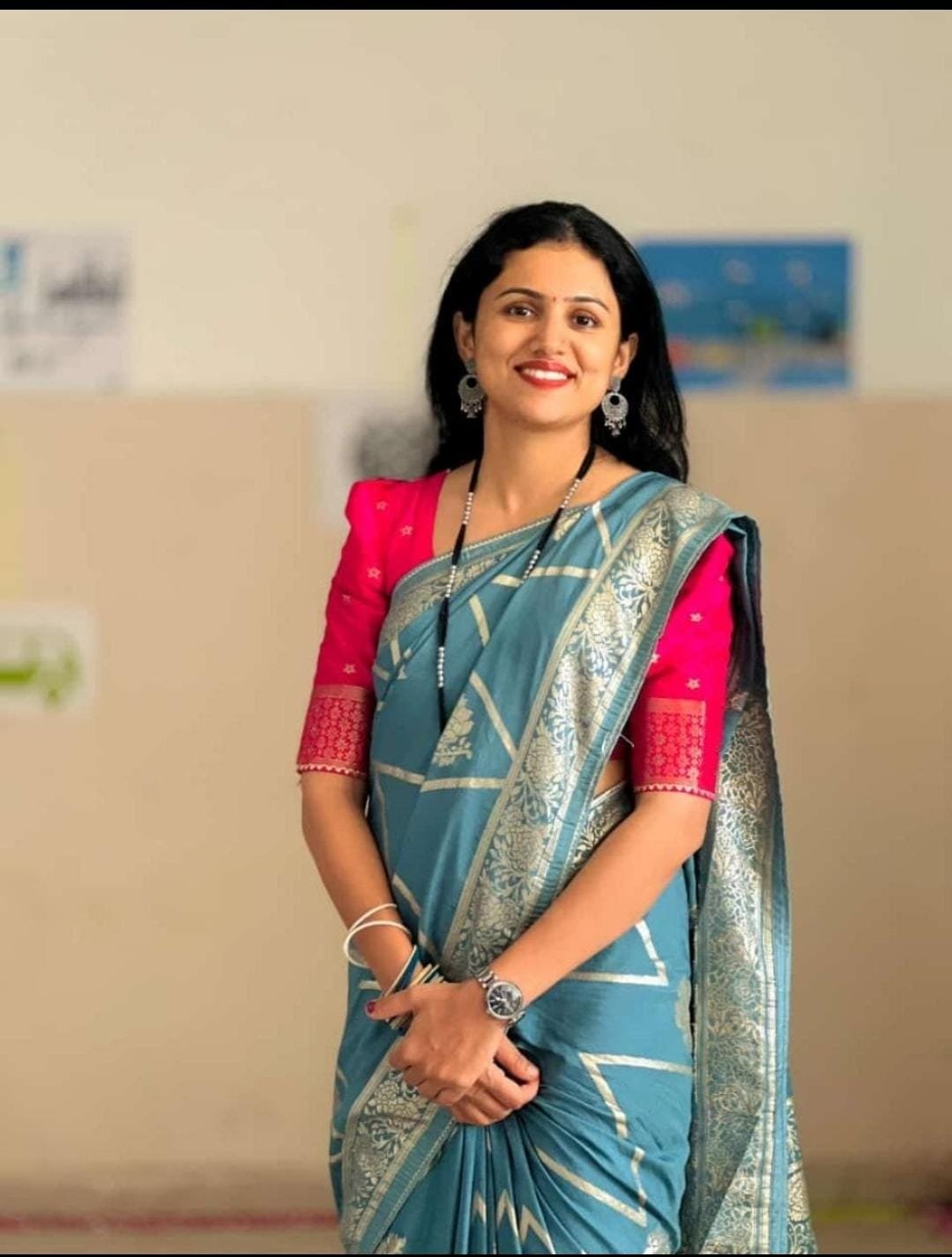

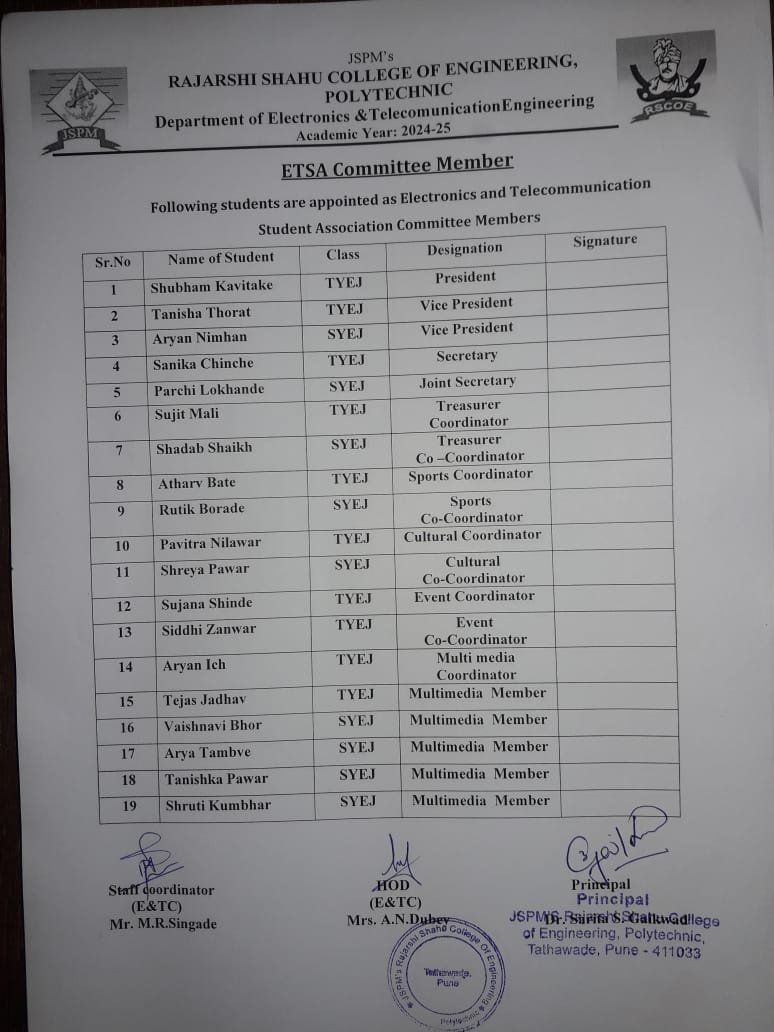
Communication Lab
This lab focuses the fundamental concepts on TDM, Pulse modulations,digital modulation techniques,source coding techniques and ...
Read MoreMicrocontroller & Embedded Lab
microcontroller lab helps the students enhance their knowledge about various processors such as 8085,8086,microcontollers,Penti ...
Read MoreElectronic Devices & Circuits Lab
study various electronic components and design of various electronic circuits like power supply, audio and power amplifiers. In ...
Read MoreDigital Electronics
combinational and sequential logic circuits.Topics include number systems,Boolean algebra, logic families,medium scale integrat ...
Read More